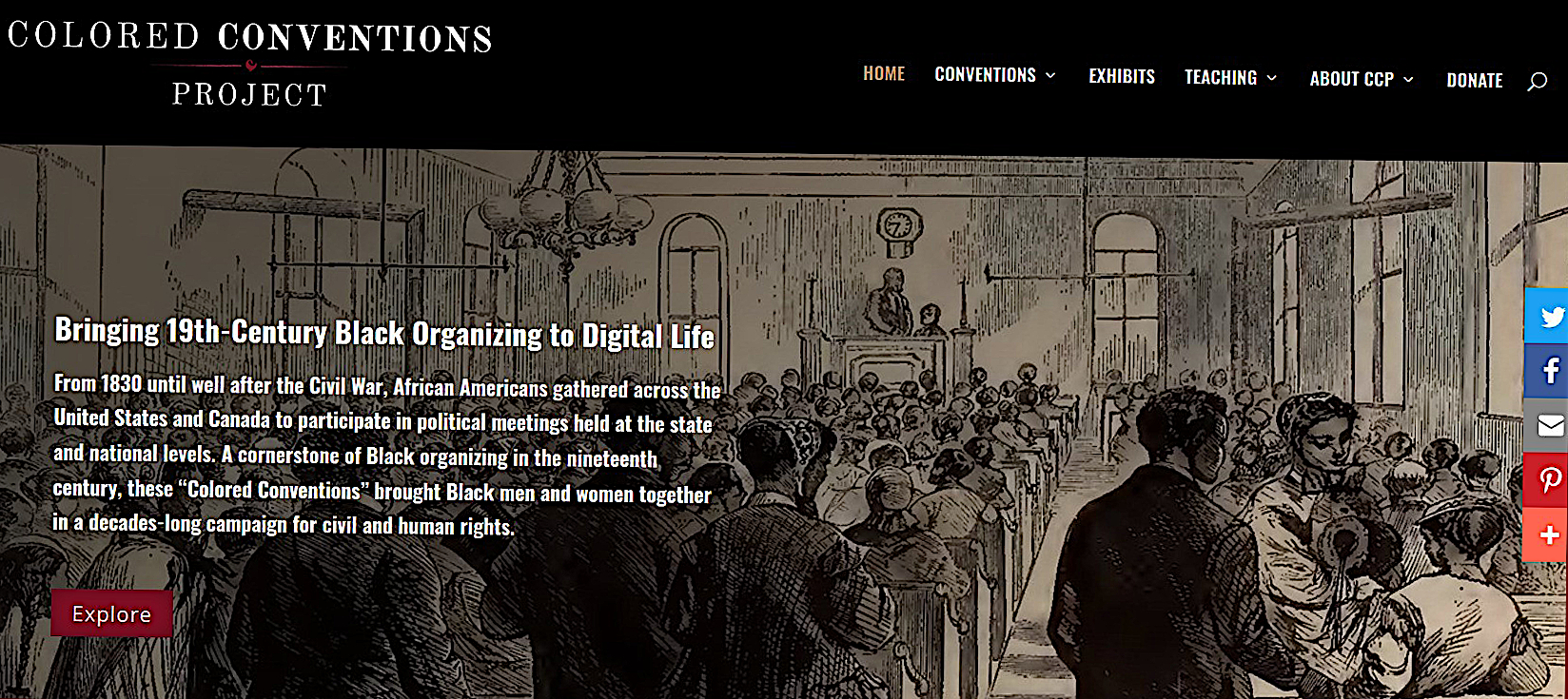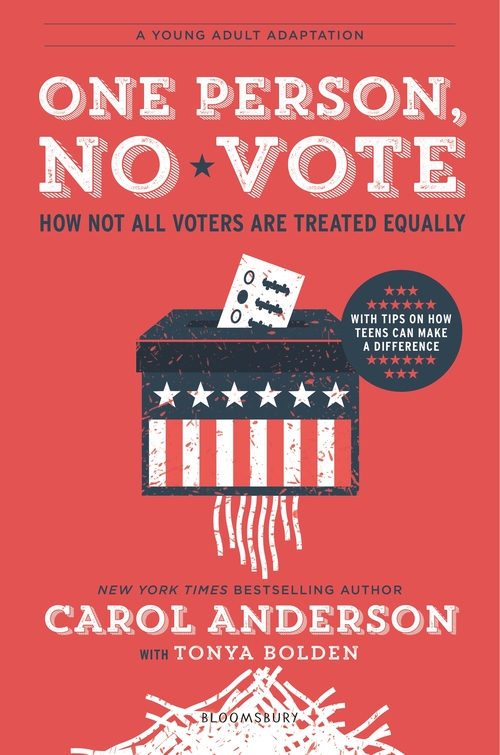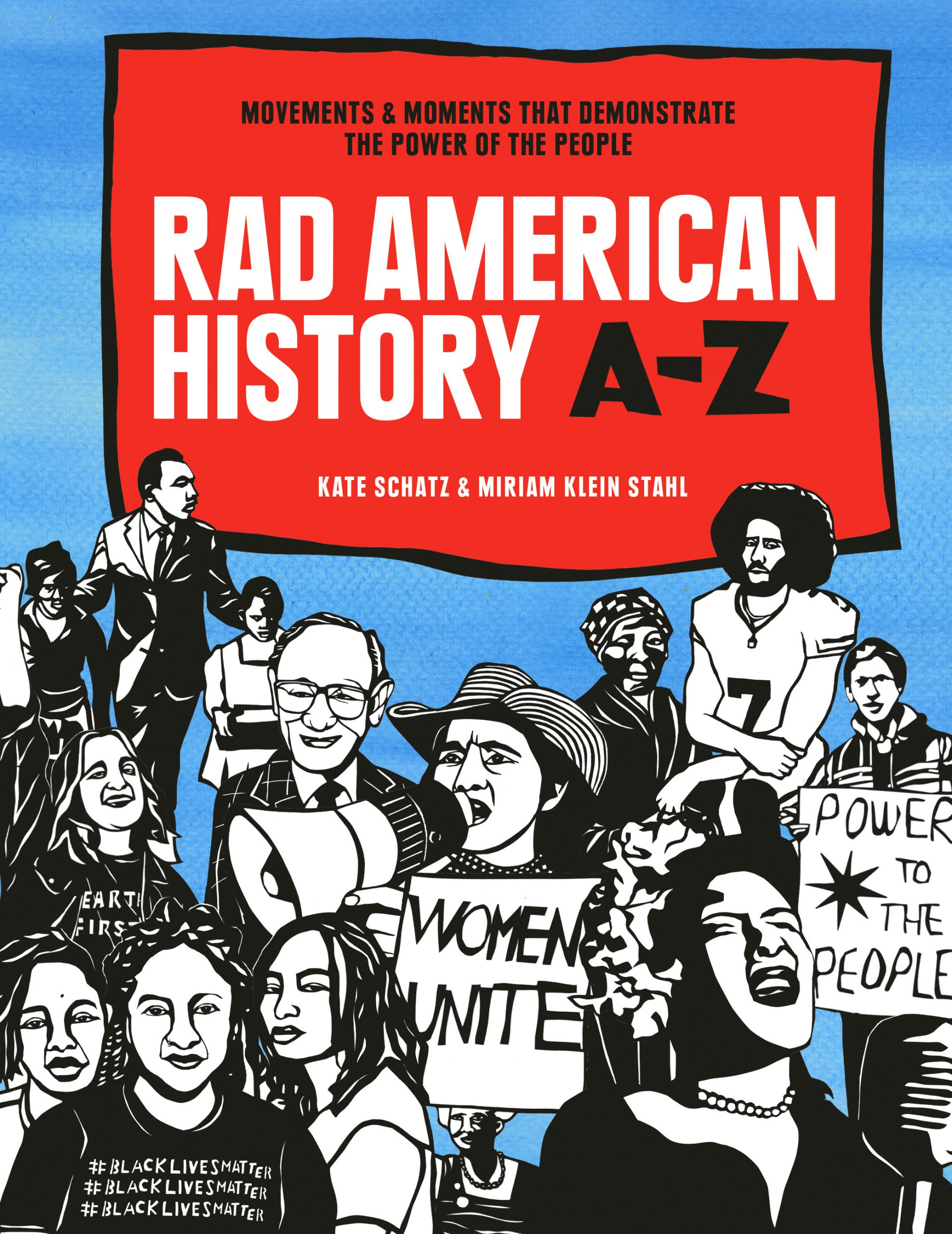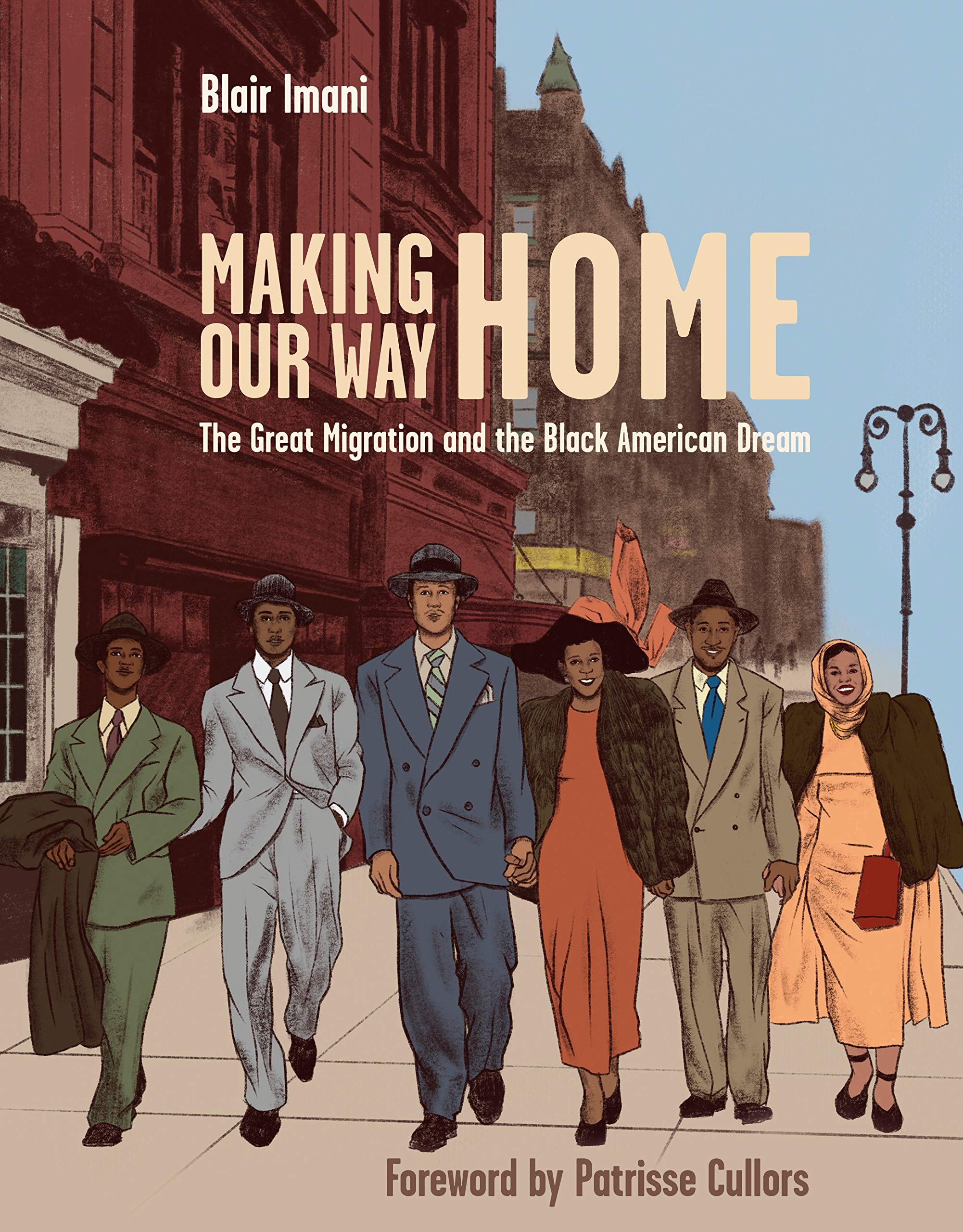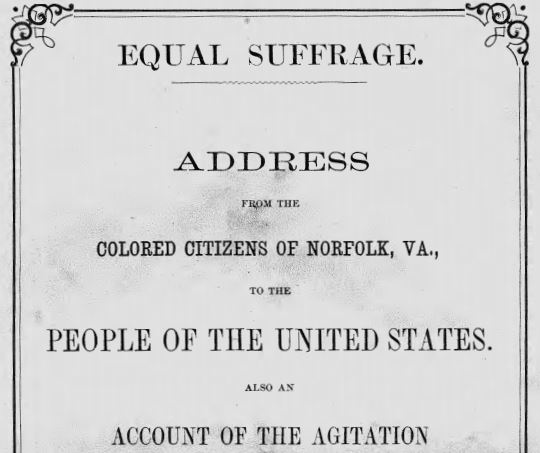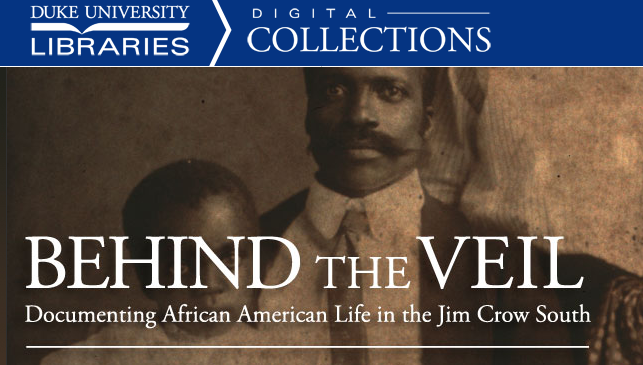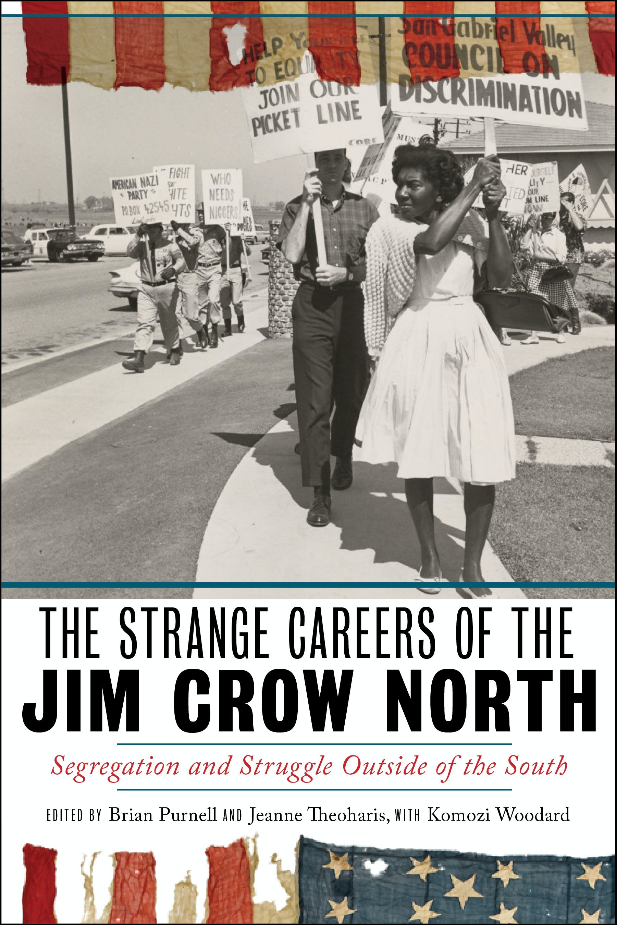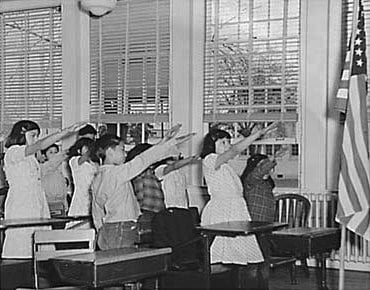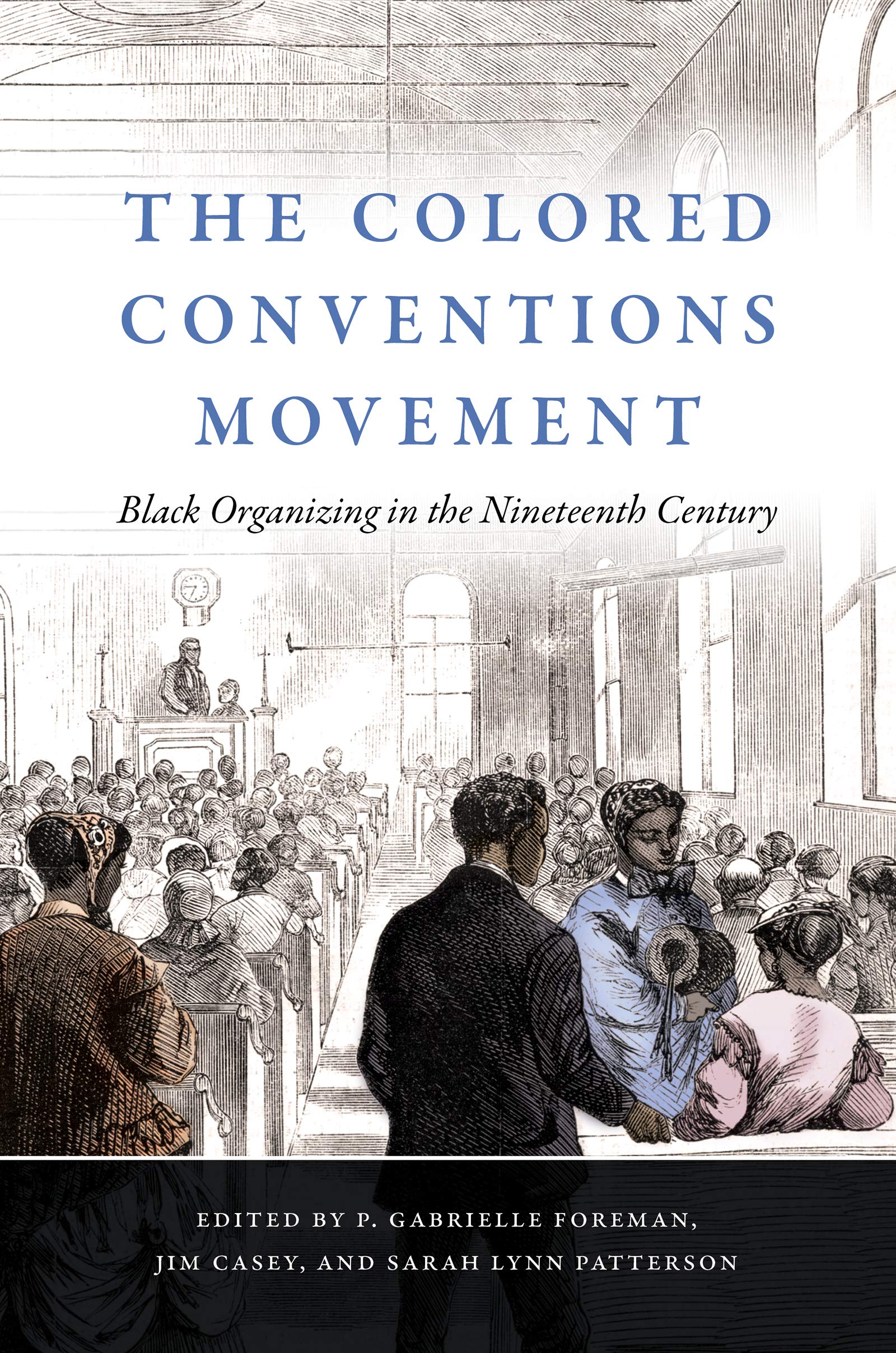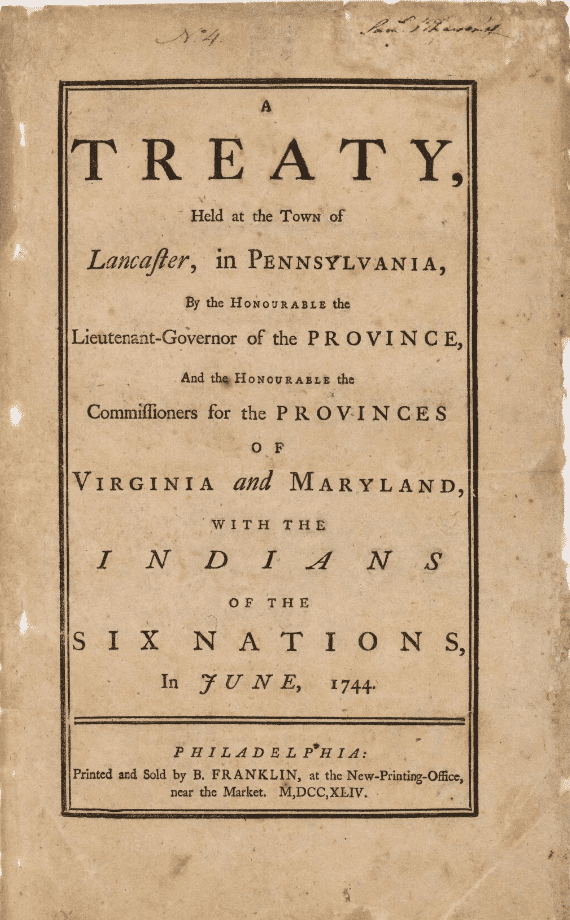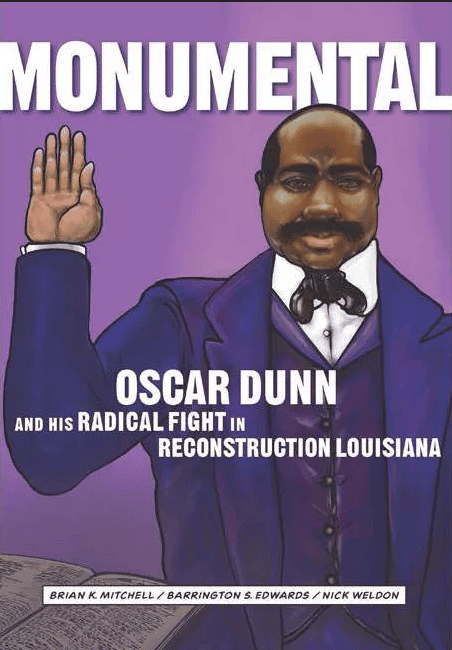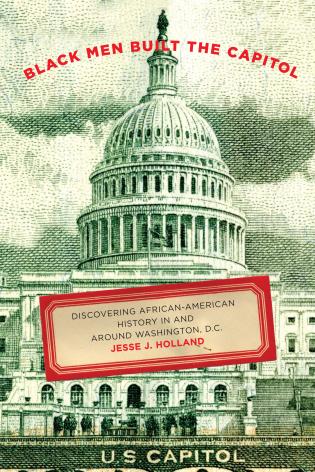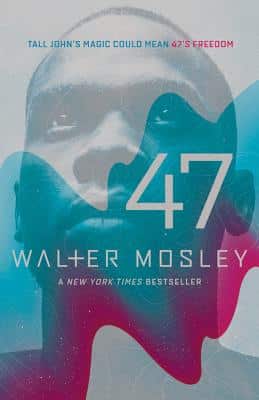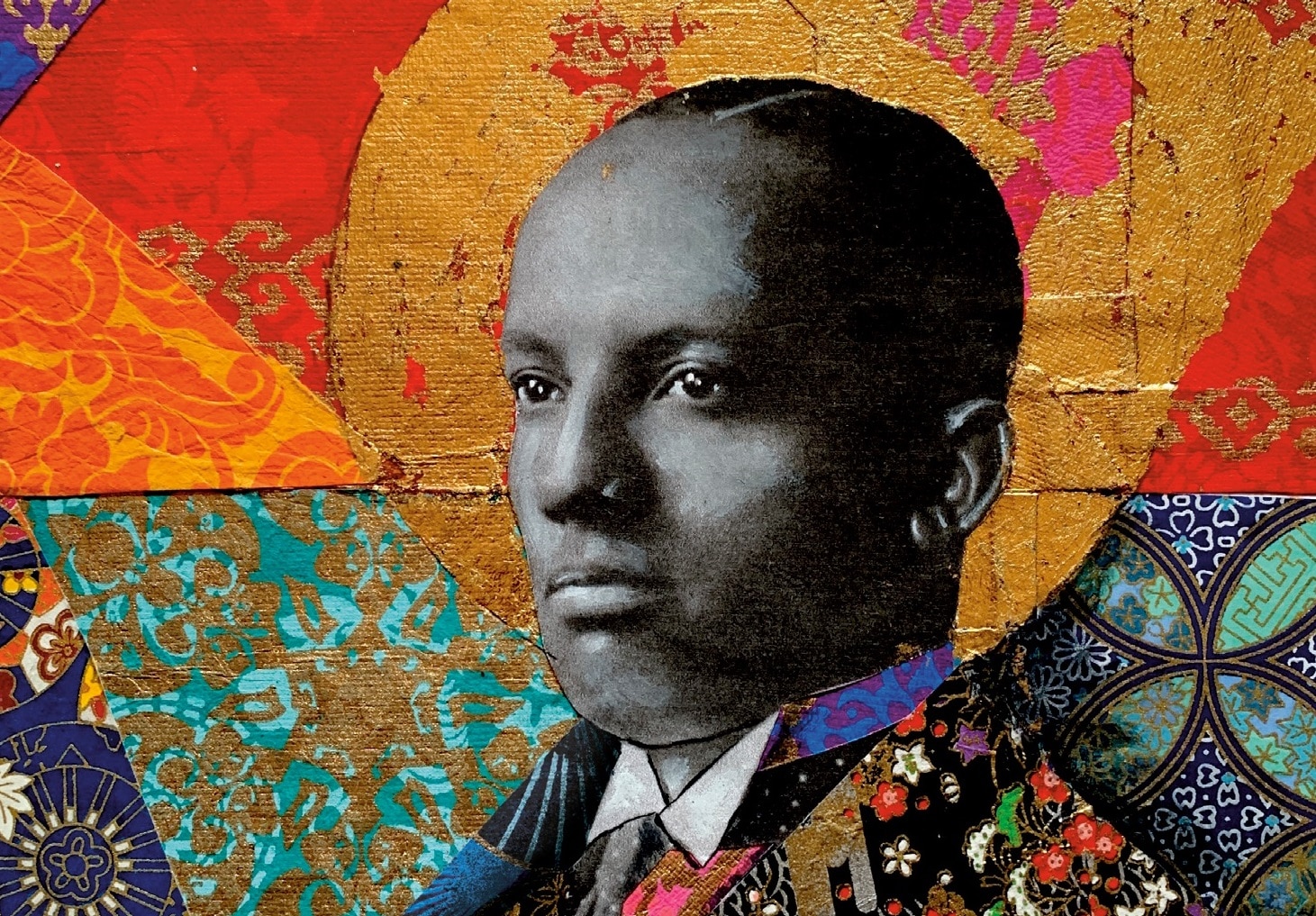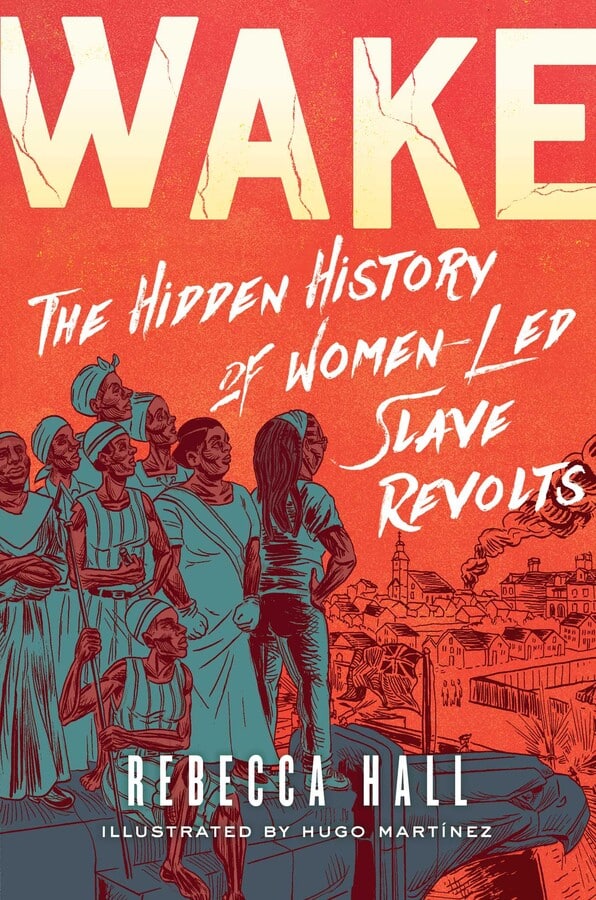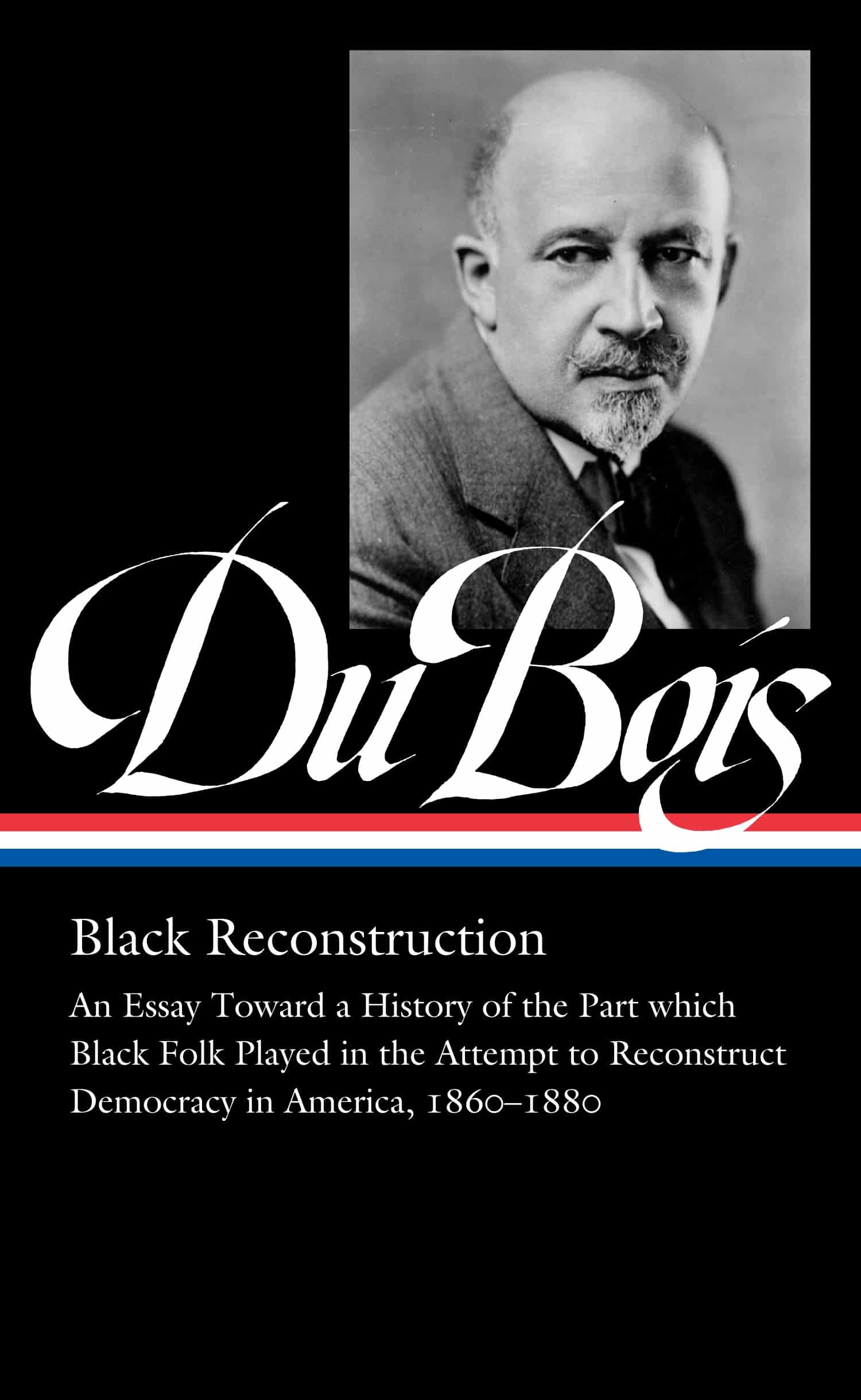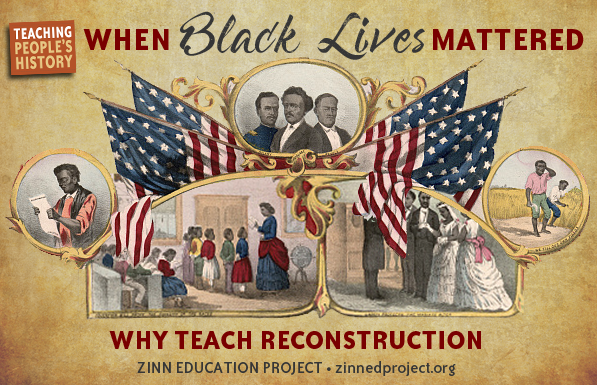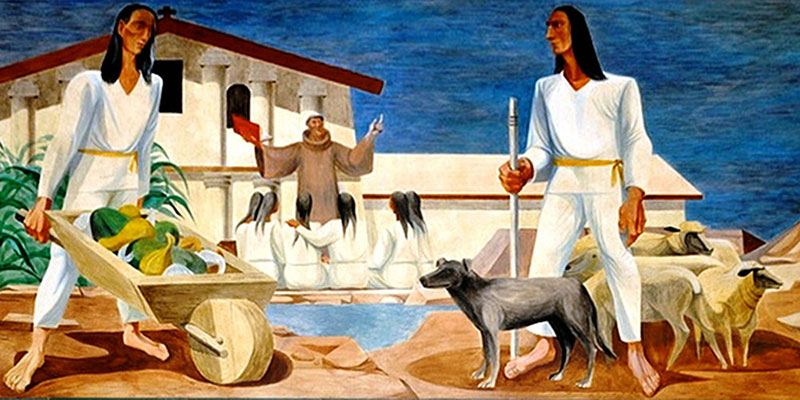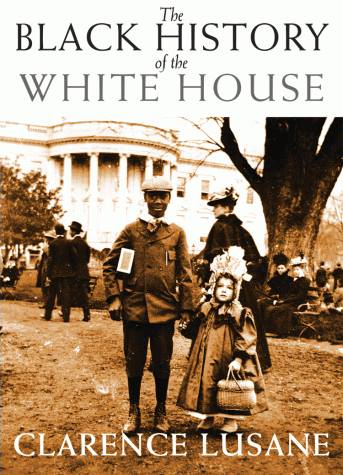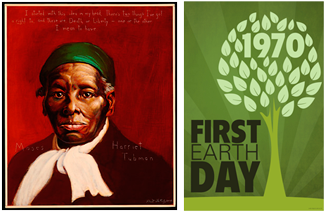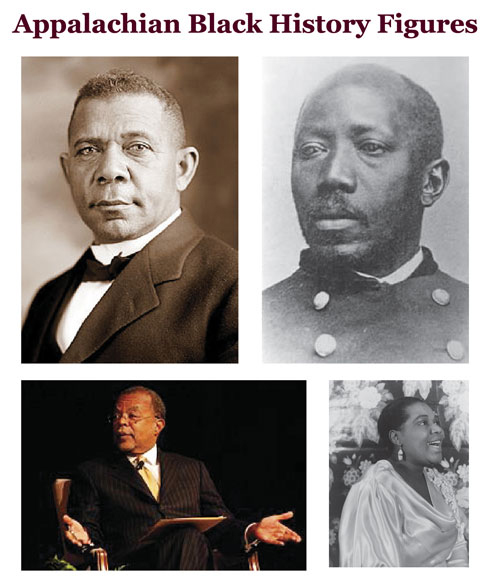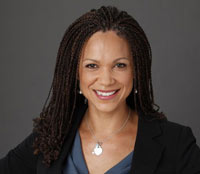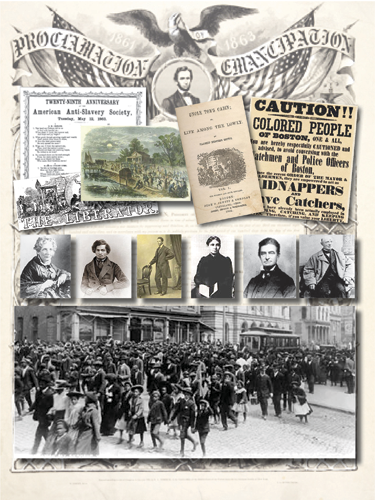Digital collection. A repository for primary sources and collection of essays about the origins, activities, and influence of the 19th-century Colored Conventions Movement that advocated for Black civil and human rights.
Continue reading
Book — Non-fiction. By Howard Zinn. 2003. 368 pages.
A selection of passionate, honest, and piercing essays looking at political ideology in the United States.
Continue reading
Book — Non-fiction. By Carol Anderson with Tonya Bolden. 2019. 288 pages.
A young readers edition of Anderson's voter suppression analysis and history, One Person, No Vote.
Continue reading
Book — Non-fiction. By Kate Schatz and illustrated by Miriam Klein Stahl. Ten Speed Press. 2020. 176 pages.
Paired with dynamic paper-cut art, readers explore several centuries of U.S. politics, culture, art, activism, and liberation.
Continue reading
Film. Directed and produced by Stanley Nelson. 1999. 83 minutes.
This documentary chronicles 150 years of Black journalists, printers, and Black-owned newspapers in the United States.
Continue reading
Book — Non-fiction. By Blair Imani. 2020. 192 pages.
An illustrated chronicle of the Great Migration and African American history in the 20th century.
Continue reading
The Colored Monitor Union Club organized and released their address for equal rights in Norkfolk, Virginia, soon after the Civil War ended.
Continue reading
Digital collection. Oral history interviews chronicling African-American life during the age of legal segregation in the American South, from the 1890s to the 1950s.
Continue reading
Book — Non-fiction. Edited by Brian Purnell and Jeanne Theoharis with Komozi Woodard. 2019. 352 pages.
This important work shows how the Jim Crow North maintained inequality in the nation’s most liberal places, and chronicles how activists worked to undo those inequities born of Northern Jim Crow.
Continue reading
Mississippi Gov. Tate Reeves' state budget proposal include three million dollars for a “Patriotic Education Fund,” which argues that "the United States is the greatest country in the history of the world."
Continue reading
Book — Non-fiction. Edited by Gabrielle Foreman, Jim Casey, and Sarah Patterson. Introduction by P. Gabrielle Foreman. 2021.
This volume of essays is the first to focus on the Colored Conventions movement, the nineteenth century’s longest campaign for Black civil rights.
Continue reading
Digital collection. View digitized historic treaties between Indigenous tribes and the U.S. government alongside key historic works that provide context to the agreements made and the histories of shared lands.
Continue reading
Book — Non-fiction. By Brian K. Mitchell, Barrington S. Edwards, and Nick Weldon. 2021. 256 pages.
This Reconstruction history graphic novel tells the story of Oscar James Dunn, a New Orleanian who became the first Black lieutenant governor and acting governor in the United States.
Continue reading
Book — Non-fiction. By Jesse Holland. 2017.
Historic sites along the Mall, such as the U.S. Capitol building, the White House, and the Lincoln Memorial, are explored with a focus on the history of African Americans who built them.
Continue reading
Book — Fiction. By Walter Mosley. 2006. 272 pages.
A young boy learns to survive under slavery and struggles for his own liberation with help from a mysterious stranger, Tall John.
Continue reading
Book — Non-fiction. By Carter G. Woodson, with an introduction by Jarvis Givens. 2023. 224 pages.
Originally released in 1933, The Mis-Education of the Negro continues to resonate today, raising questions about the legacy of slavery and enduring white supremacy.
Teaching Activity by Carter G. Woodson
Continue reading
Book — Non-fiction. By Rebecca Hall. Illustrated by Hugo Martinez. 2021.
Rebecca Hall documents the process of her own research — and what she learned — about women who organized to challenge slavery. In graphic novel format.
Continue reading
Book — Non-fiction. By W. E. B. Du Bois. Edited by Eric Foner and Henry Louis Gates. 2021. 1097 pages.
Originally published in 1935, Du Bois’ Black Reconstruction was the first book to challenge the prevailing racist historical narrative of the era and in sharp, incisive prose, tell the story of the Civil War and Reconstruction from the perspective of African Americans.
Continue reading

